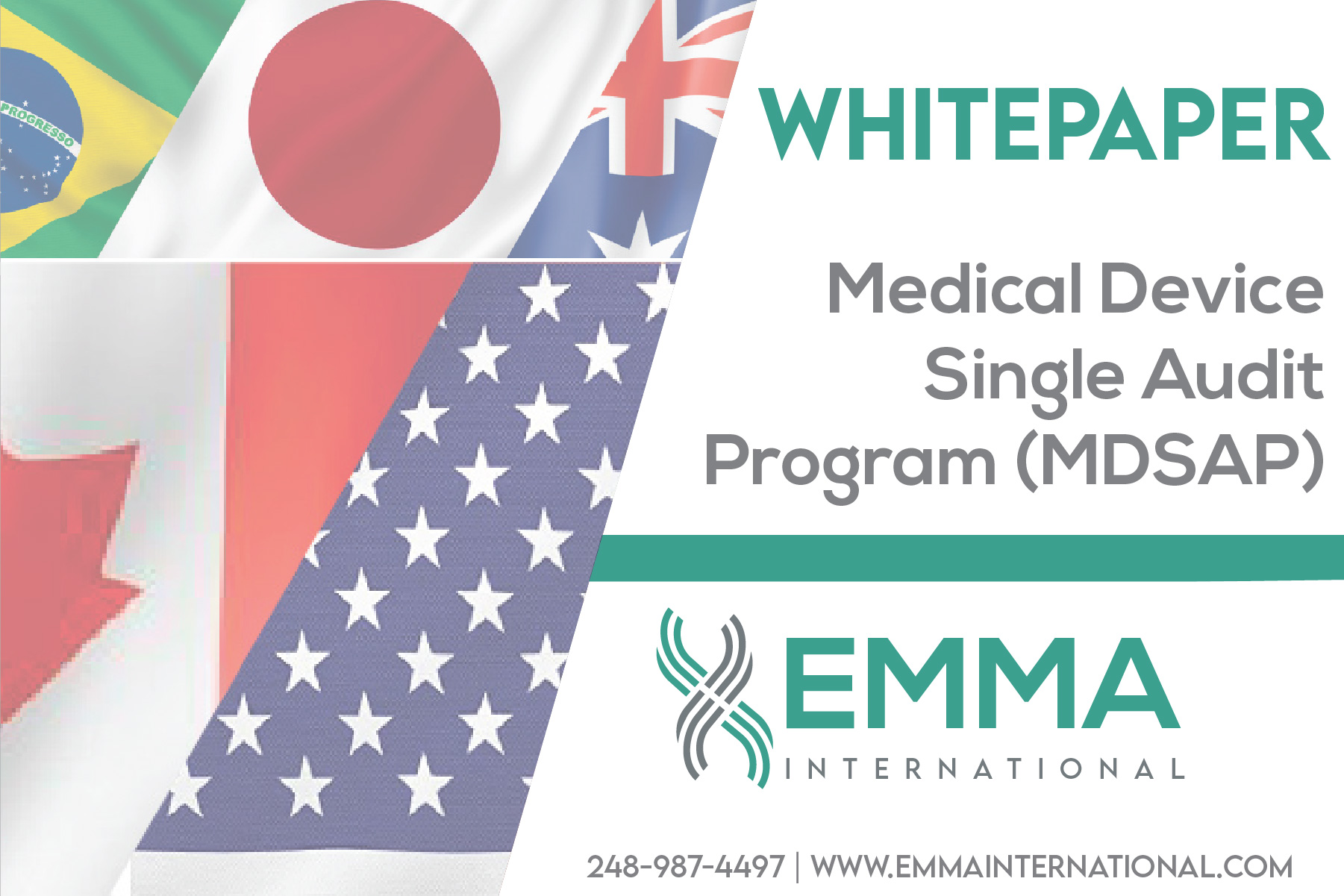In 2012, the International Medical Device Regulators Forum (IMDRF) developed the Medical Device Single Audit Program (MDSAP) to implement a harmonized and a global approach to audit medical device manufacturers. The program allows for MDSAP recognized organizations to conduct a single audit that satisfies the regulatory requirements of the countries participating in the program.
Solutions Delivery Specialist - Ms. Angane is a Bioengineering graduate with experience in medical device commercialization, product development, quality system compliance and regulatory affairs. Her portfolio includes working on medical devices, combination products, and pharmaceuticals. As a Solutions Delivery Specialist at EMMA International, she offers her expertise to help our clients achieve an effective and sustainable quality system, and develop regulatory strategies for market access and compliance of new products in the US and international markets. Ms. Angane earned a Bachelor of Engineering in Biomedical Engineering from the University of Mumbai, India and an M.S. in Bioengineering from University of Illinois at Chicago.






